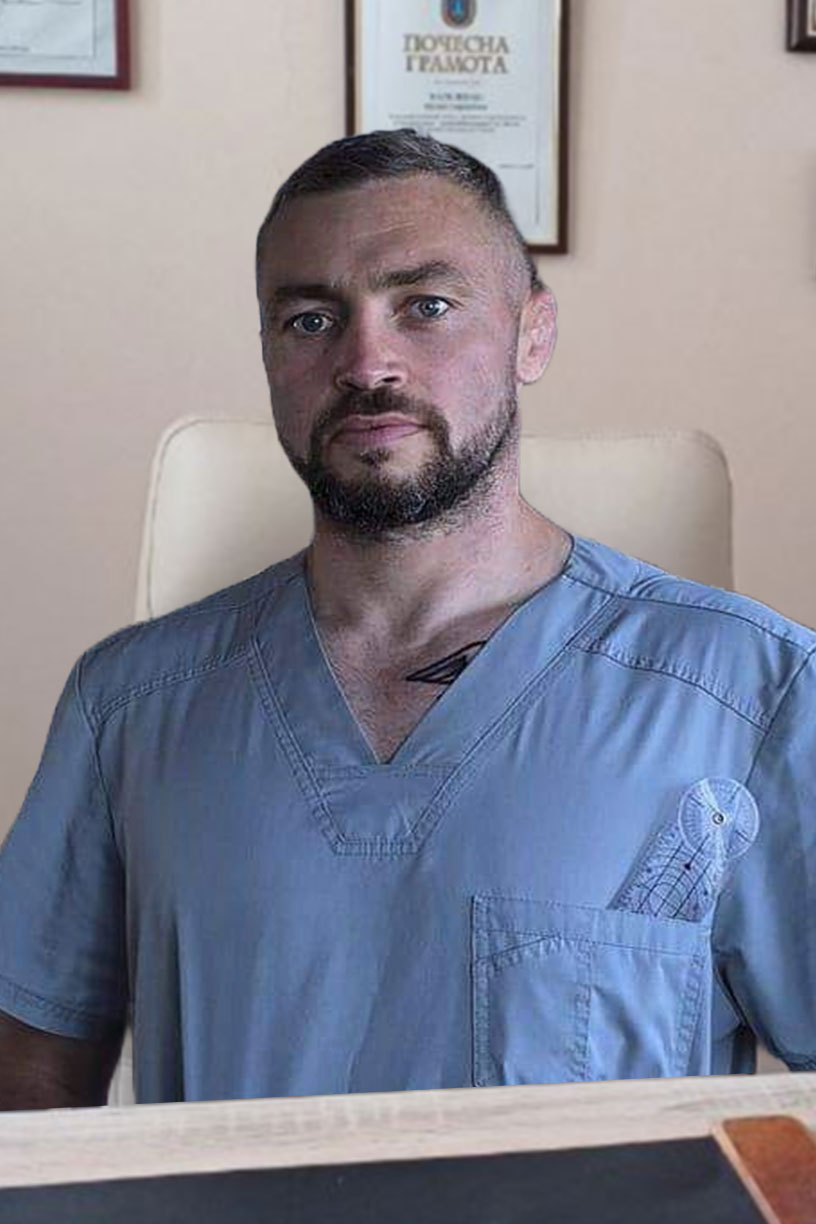Psychotherapy is a crucial component of the comprehensive treatment and wellness approach at Kuyalnik Sanatorium. It aims to improve patients' mental health, help them overcome emotional and psychological difficulties, and enhance overall quality of life. The psychotherapeutic methods used at the sanatorium are based on the latest scientific research and approaches.
The psychotherapy process begins with an initial consultation with a psychotherapist to identify the patient's primary issues and needs. Following this, the therapist develops an individualized treatment program, which may include both individual and group sessions.
Individual psychotherapy allows the patient to discuss personal problems and experiences in a safe and confidential environment. The therapist helps the patient understand the root causes of their difficulties, develop stress-coping strategies, and improve emotional stability and well-being.
Group psychotherapy creates a supportive environment where patients can share their experiences and receive support from other participants. The group dynamic helps develop social skills, boost self-esteem, and provide a sense of community.
At Kuyalnik Sanatorium, specialized forms of psychotherapy are also offered, such as cognitive-behavioral therapy, art therapy, relaxation techniques, and meditation. Cognitive-behavioral therapy helps patients change negative thought patterns and behaviors that interfere with their ability to live fulfilling lives. Art therapy uses creative processes to express and process emotions, reducing anxiety and depression.
Relaxation techniques and meditation aim to lower stress and anxiety levels, helping patients achieve inner peace and harmony. Patients learn deep breathing techniques, progressive muscle relaxation, and meditative practices that they can use in their daily lives to maintain mental health.
Indications:
- Anxiety disorders: Psychotherapy helps reduce anxiety levels, teaches stress management, and improves quality of life.
- Depression: Therapy promotes mood improvement, increases motivation, and restores positive thinking.
- PTSD (Post-Traumatic Stress Disorder): Helps process and overcome traumatic events, reduce symptoms, and improve emotional well-being.
- Phobias and panic attacks: Working with a psychotherapist helps reduce the intensity of fears and panic reactions, and teaches coping strategies.
- Stress and burnout: Therapy helps lower stress levels, restore energy and vitality, and improve overall well-being.
Contraindications:
- Acute psychotic disorders: Patients with acute psychotic symptoms require specialized treatment in an inpatient setting.
- Serious suicidal tendencies: In cases of high suicide risk, urgent medical care and possible hospitalization are needed.
- Neurological diseases affecting cognitive functions: In such cases, psychotherapy may be insufficiently effective without a comprehensive medical approach.
- Severe forms of addiction: Patients with severe alcohol or drug dependencies require a specialized treatment program.













































